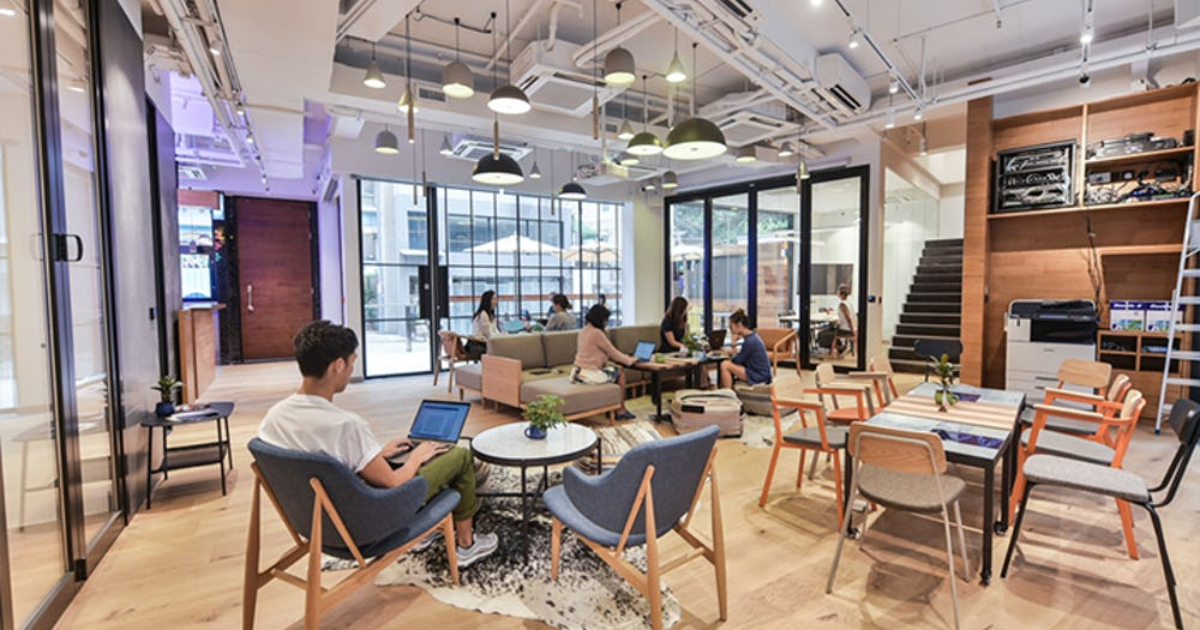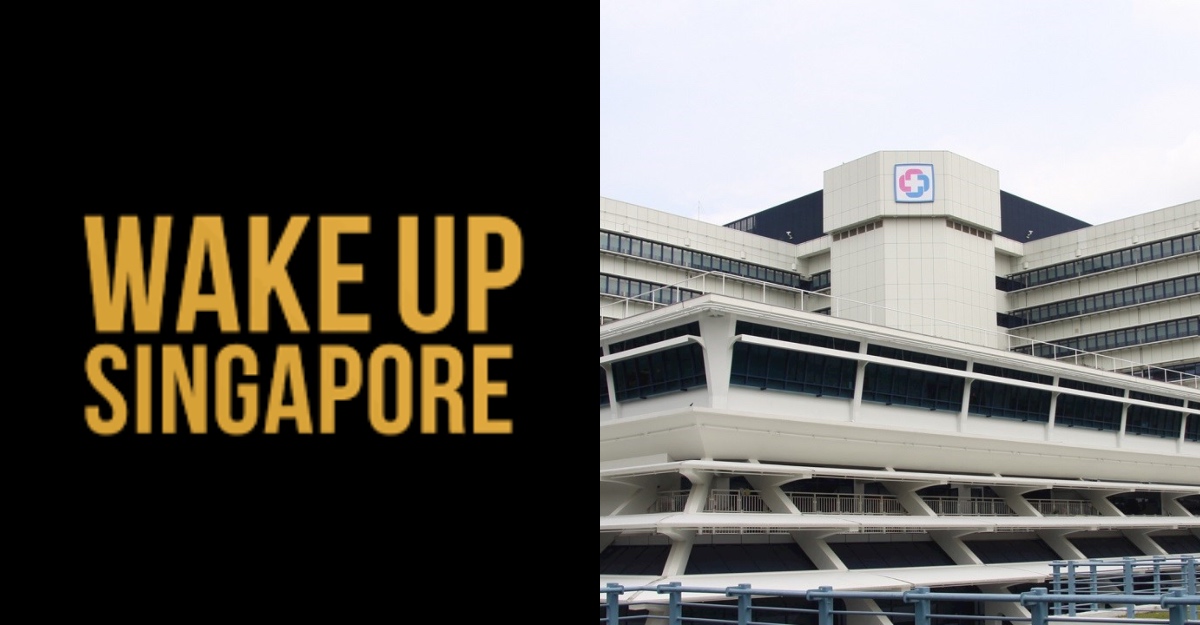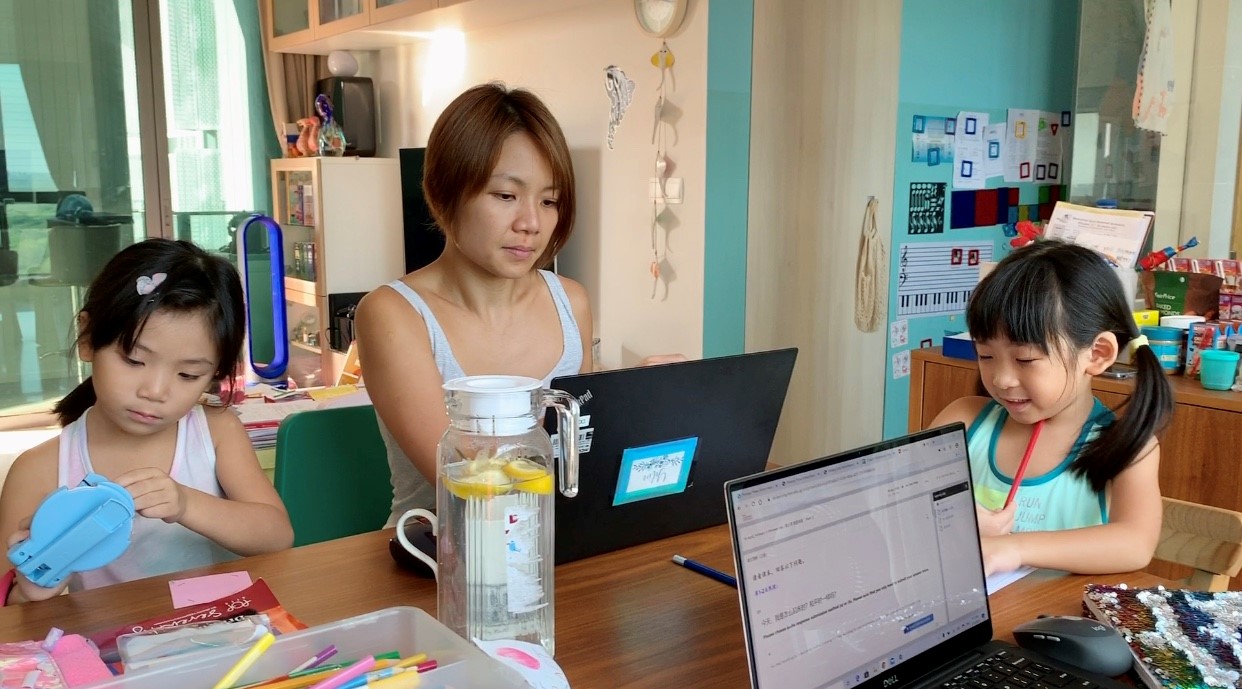Pre-Covid-19 days, I was working as a freelance writer. Due to the nature of my work, I did not have an office to go to nor a dedicated workspace that I can call my own.
I have the freedom to work anywhere I wanted. In other words, I could be working from a café today and decide to work from home tomorrow.
I have spent countless afternoons at a Starbucks cafe paying for $6 coffees, been at the library since it opened at 10am to get a good seat (and guard it), and working at home in solitude.
But then, I started feeling like I needed a change in environment. I didn’t want to pay for expensive coffee anymore, or be holed up at the library.
Most importantly, I craved social interaction. I didn’t have any colleagues (except the editors and clients I was working with) for at least six months.
Needless to say, I was yearning to chit-chat and lunch with colleagues but I didn’t want to jump into another full-time job for the sake of having lunch companions.
Experiencing A Co-Working Space For A Month
Co-working spaces have mushroomed all over Singapore and seen a steady popularity in the recent months.
There was a lot of demand from people looking for flexible working spaces that are thoughtfully designed in order to get their work done.
For a while, I was considering renting a workstation but one hot desk would set me back by a few hundred dollars a month so I quickly abandoned the thought.
Fortunately, I came across The Carrot Patch, which boasts a network of co-working space locations in Singapore, offering a free one-month pass. I quickly signed up and secured my free pass. (Disclaimer: this article is not sponsored)

My experience was positive — the spaces were air-conditioned, the seats were comfortable, and the Wi-Fi was great. They also gave me a charging extension for my multiple plugs and there was even free-flow coffee and tea.
Best of all, I didn’t have to stick to one place as I can move from one co-working space to another. They also gave me access to meeting rooms, which can be booked in advance.
I also got to attend networking events, interact with others who are from different companies, which basically helps to widen my network.
Startups in particular, love co-working spaces because of its flexibility (you can cancel your plan anytime) and its conducive environment, without the need to rent an office space or spend money on furniture.
In fact, with meteoric property rentals in the city, it is another reason why many startups choose to work out of these spaces as well — and it doesn’t hurt that they’re so stylish.
Remote Working No Longer An Alien Concept
After Covid-19 hit us, it changed work and life as we know it, and triggered a global experiment testing the viability of remote working.
The Singapore government has also mandated companies to allow their employees to work from home as much as possible, in a bid to contain the spread of the virus.
As telecommuting becomes a norm, businesses are starting to realise that it is possible to work from home indefinitely rather than work in a physical office space.
For instance, Twitter is allowing its employees to work from home permanently, while Google and Facebook are extending their work from home policy to 2021.
Most of us would agree that working from home brings benefits as well — I no longer have to wake up at least two hours before I start work, or jostle with the peak-hour crowd when commuting.
Working from home is no longer an alien concept now and according to a survey, 9 in 10 Singaporeans want to continue working from home.
With employers seeing the viability of telecommuting, some companies are even looking at downsizing their physical office spaces or rented co-working spaces.
Moreover, as recession looms, businesses will be thinking of reducing fixed overhead costs such as office space rental and may go for flexible office solutions such as a co-working space.
Are Flexible Office Solutions Viable Moving Forward?
Once all Singaporeans get the green light to return to the office, there will be some who will rejoice at this news.
However, will they still be willing to share amenities and space? The answer is probably no.
Co-working space operators will need to look at safety measures such as table shields or table-top separators to protect their guests.
Co-working spaces that were very focus driven on communal space have to restructure these areas.

They will also have to make sure that each surface is cleaned or disinfected after each use. They will also have to implement a system through which staff and members can know if a surface, workstation, or meeting room has been cleaned or disinfected after use.
This could be done through an app that people check on their phones or by having a colour-coded system.
They may also consider launching work-from-home packages if people still very much prefer to work from home.
One of the greatest challenges that people initially faced when they were forced to work remotely was having an adequate home office setup.
Co-working spaces can look into providing companies with office furniture (like ergonomic chairs and mini desks) as well as internet connection and IT support.
A co-working space in India called AltF also offers COVID-19 inclusive health insurance to members as part of the package, plus premium subscriptions to video-conferencing tools such as Zoom.
Would Co-working Spaces Become Obsolete?
The COVID-19 pandemic has changed the way we work forever but what does this mean for workplaces? More specifically, what does this mean for the co-working industry?
Once the storm has passed, it is likely that people who are allowed to keep working remotely will want to leave the house, and they may turn to co-working spaces and other flexible workspace solutions.
But here’s the thing: people might not be as willing to work in shared areas, where they are in close contact with others and have to share desk space.
It will take some time before people are comfortable with going back to ‘normal’.
While people will be eager to get out of the house once the lockdown is over, the workplace will need to be re-imagined to fit the new needs and demands of members.
Flexible workspace operators that are able to financially weather the storm might need to make some changes to their workspace locations.
This will mainly be the case for co-working operators that have strongly focused on offering shared workspace areas for members.
Featured Image Credit: WeWork








